A new online application recently went live in an attempt to make student lives easier, but accessibility challenges have left students increasingly frustrated, as the Free Application for Federal Student Aid (FAFSA) fails to provide those who need it their financial aid.
Unforeseen Hurdles
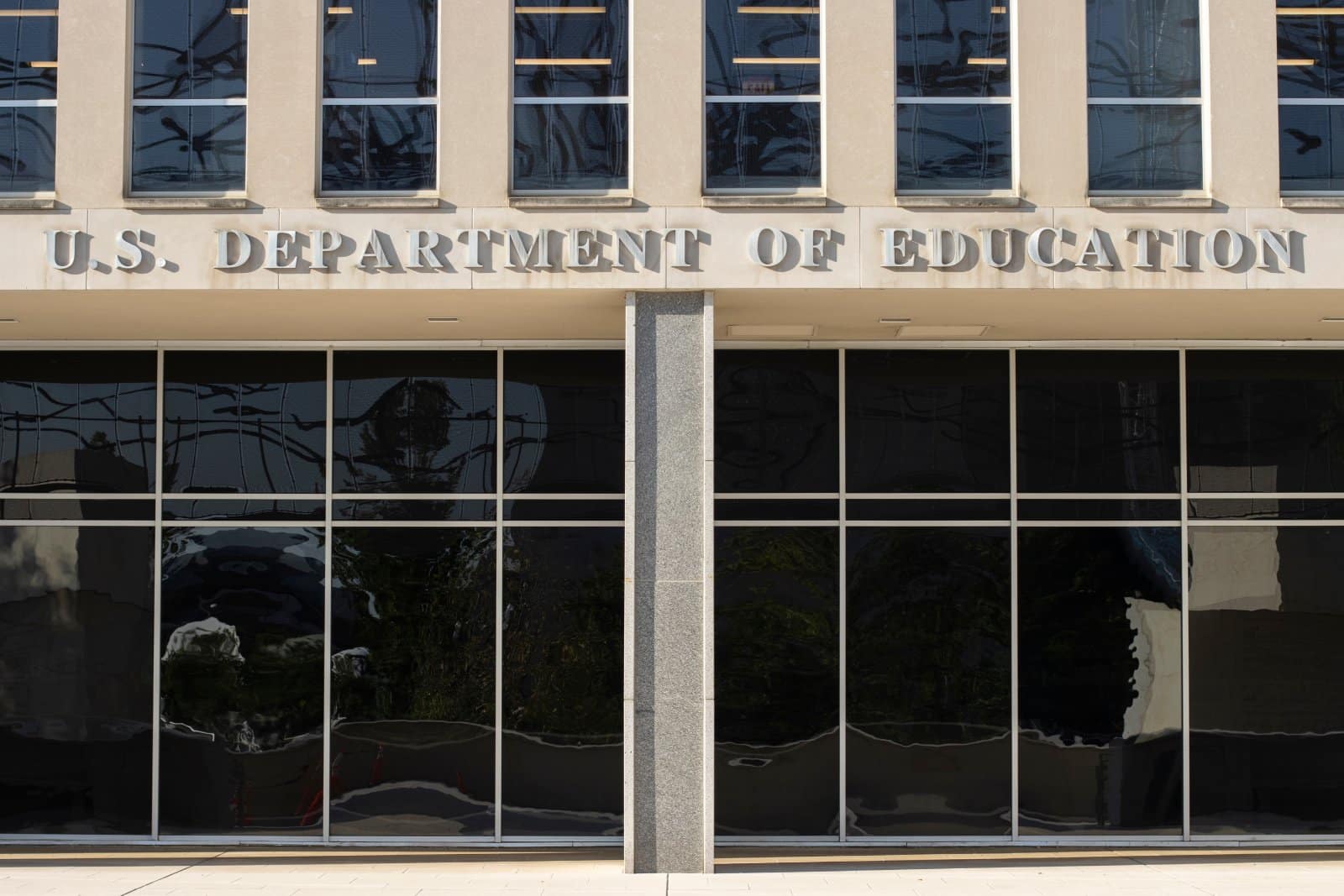
Originally scheduled for an October opening, the FAFSA faced a three-month delay, causing anxiety among eager students, before the Department of Education announced they would not launch the application fully until all bugs were removed.
Students Share Struggles
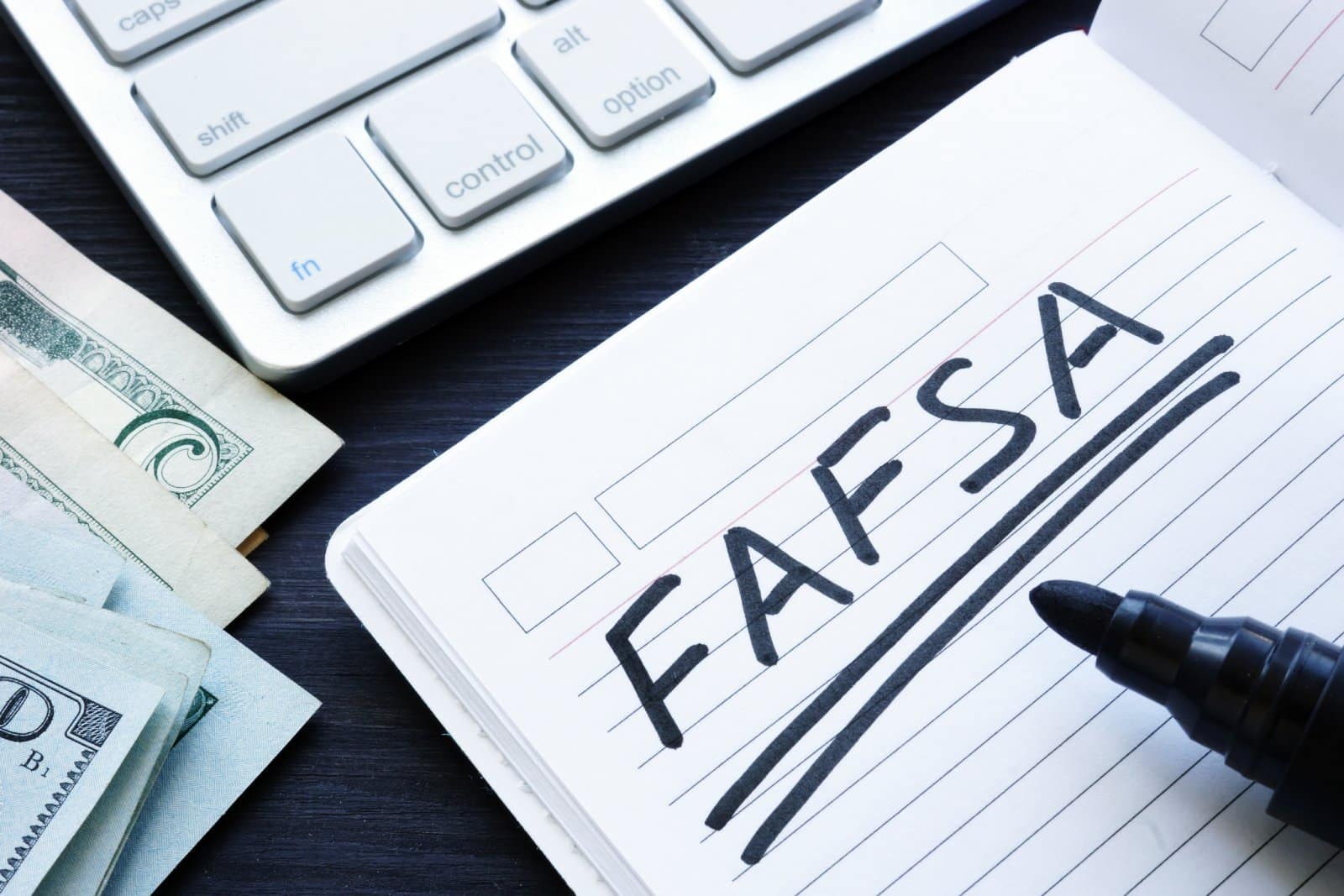
Under the hashtag #fafsa, students nationwide, like Simea Turner of Arlington, shared their experiences online. “I’m nervous because I really need this money,” said Turner.
Financial Aid Advisors
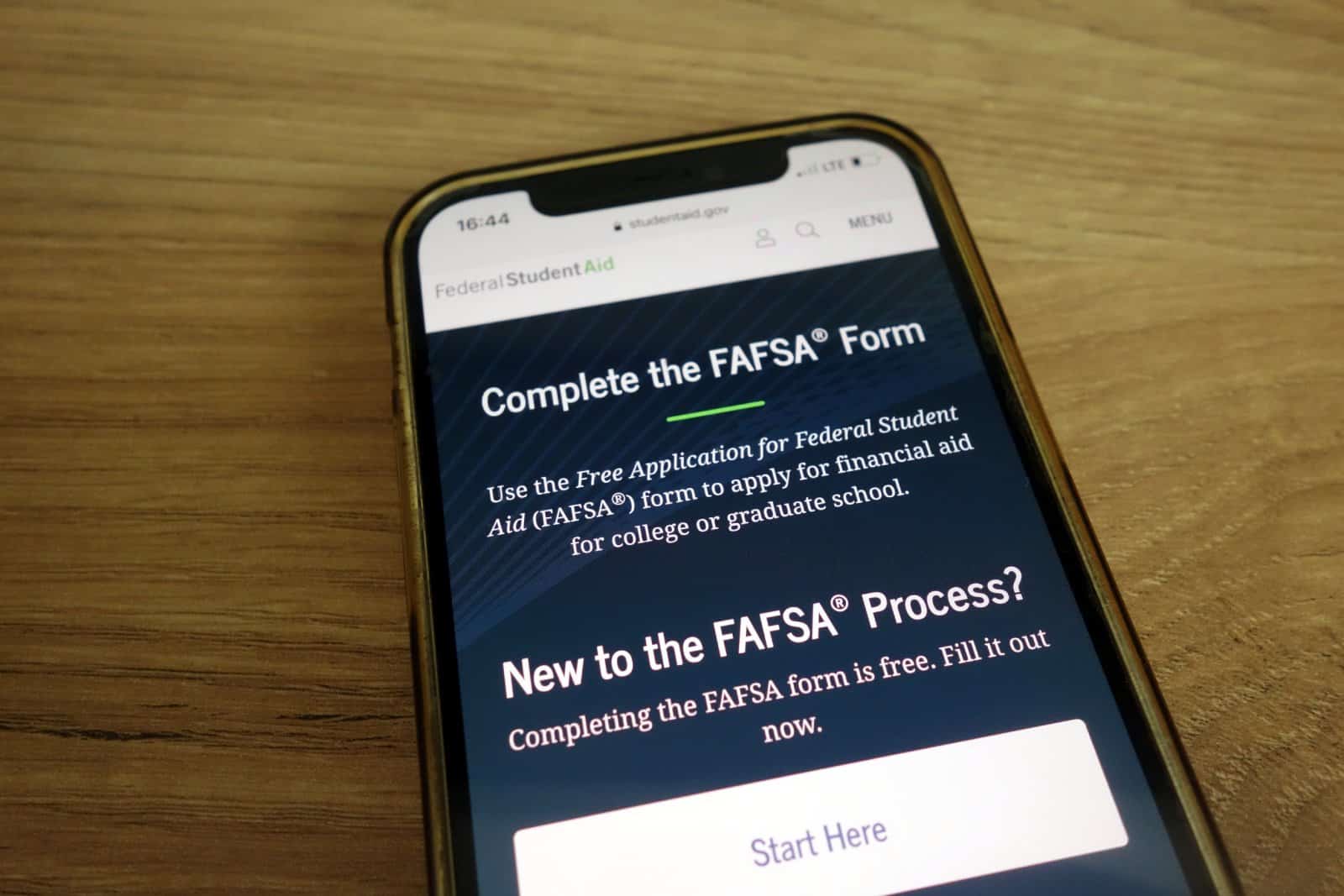
Helen Faith, director of the Office of Financial Aid at the University of Wisconsin-Madison, said, “It’s not consistently available, it’s not consistently functioning correctly… “That makes it difficult for us to figure out how to best communicate with folks.”
Information Delayed

With colleges receiving FAFSA data at the end of January at the earliest, delays in financial aid awards become an inevitable consequence of the launch.
Anxieties Echoed Nationwide

Manal Ahmed Ali from Chicago said that he found solace in knowing he wasn’t alone, “It made me feel a bit better knowing that it wasn’t a problem just on my end, and maybe it was a problem with the FAFSA,” he said.
The Persistence of Students

Katherine Beeman, a middle school teacher from Louisiana, reflected on her persistence, “We’ve tried phones, laptops, and desktops. It’s just not been available any of the times we’ve tried,” she said.
Avoid Rush and Remain Calm

Helen Faith advised applicants not to rush into accessing the application immediately, “Folks may want to go have a reminder on their calendar to check back in a few days rather than to try to get it right away,” she said.
Faith’s Promise to Students
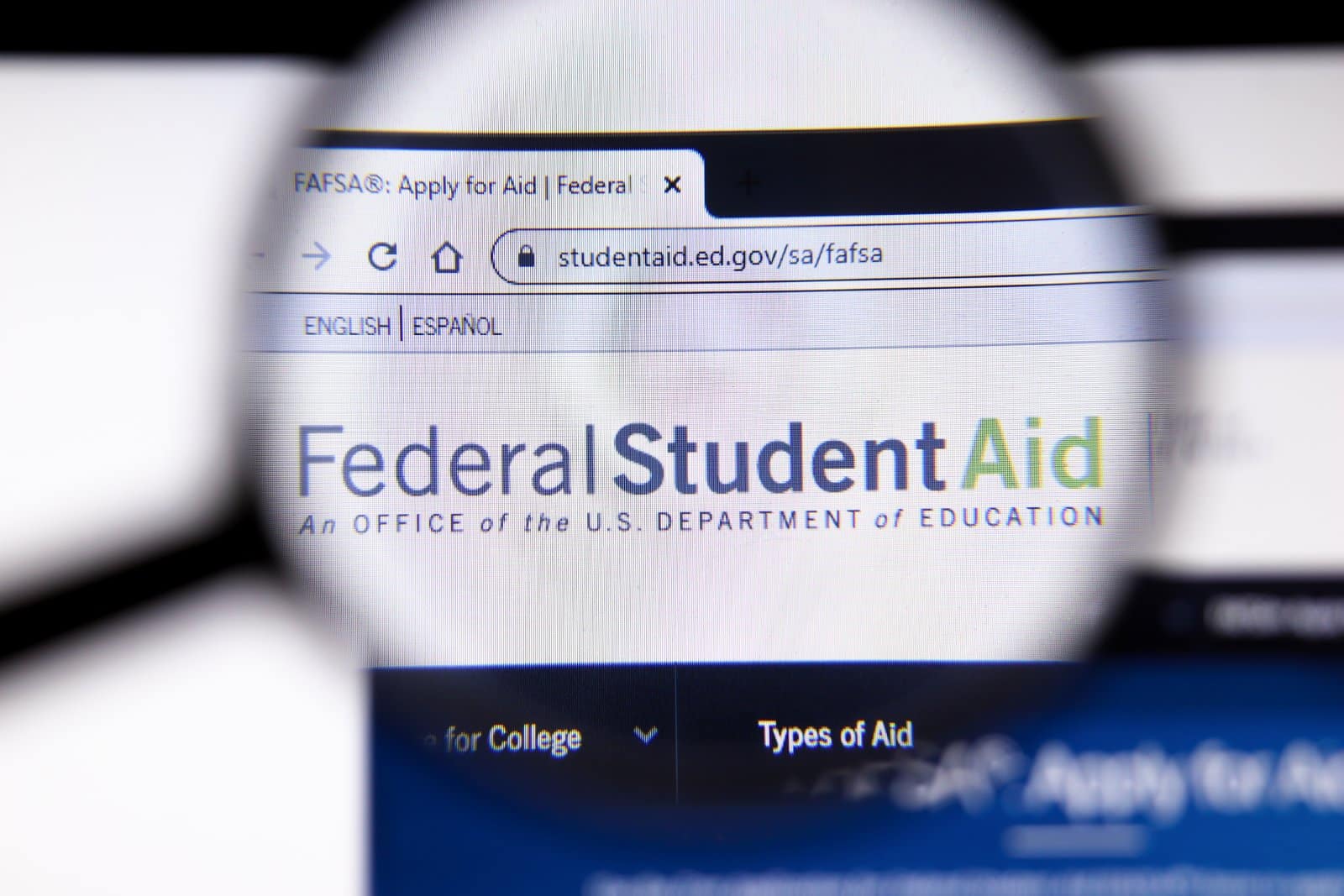
With the shifted timeline, waiting for a week or two into January won’t penalize applicants, and it may alleviate unnecessary stress, “They won’t be hurt and won’t be penalized for waiting a week or two or three into January to get that done,” Faith stressed.
Online Program Considerations for Financial Aid
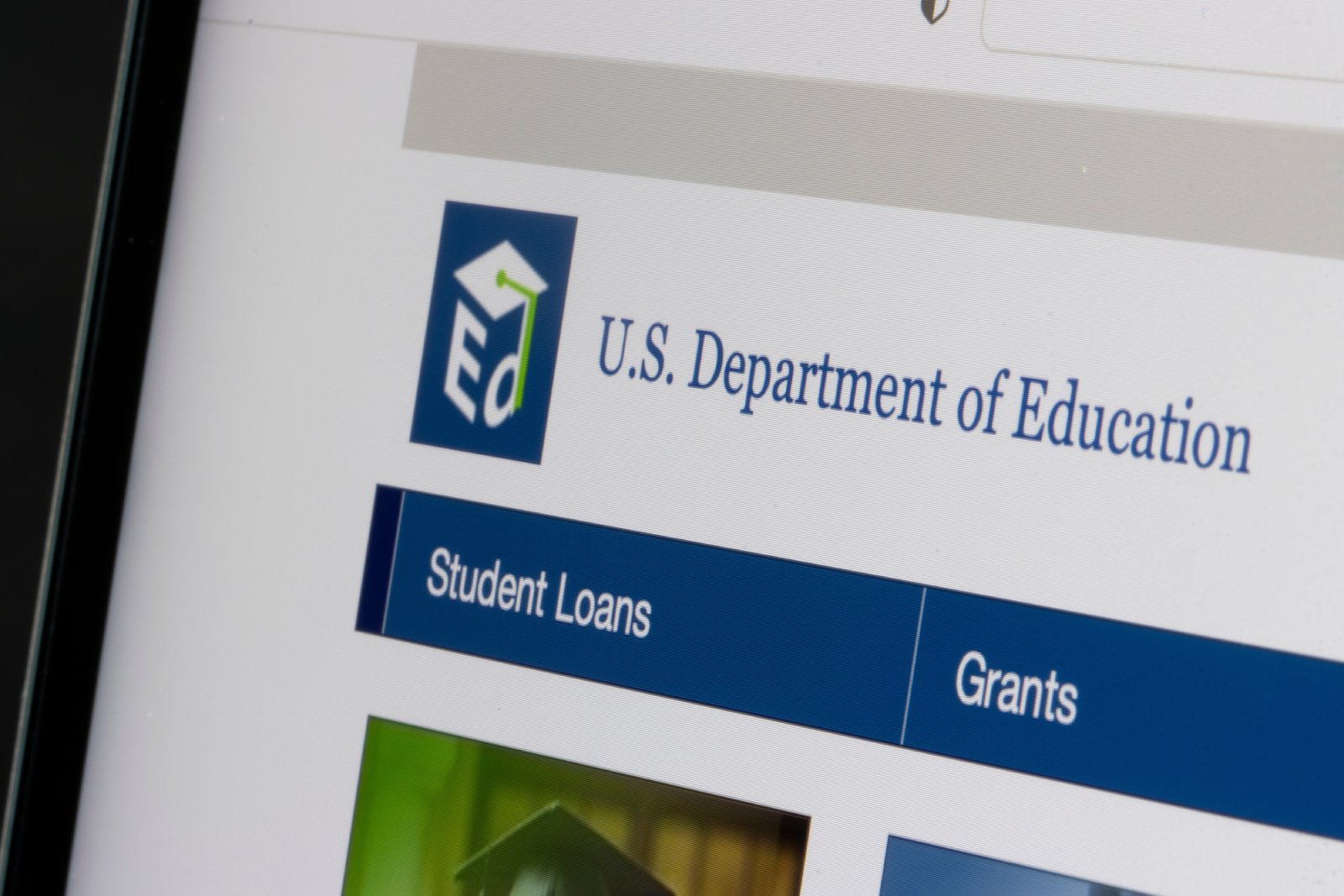
According to experts, students who need financial aid must see if their chosen institution was accredited by the U.S. Department of Education, which they can do by verifying their institution on its website or the Department of Education’s Database of Accredited Postsecondary Institutions and Programs.
FAFSA for Online Students
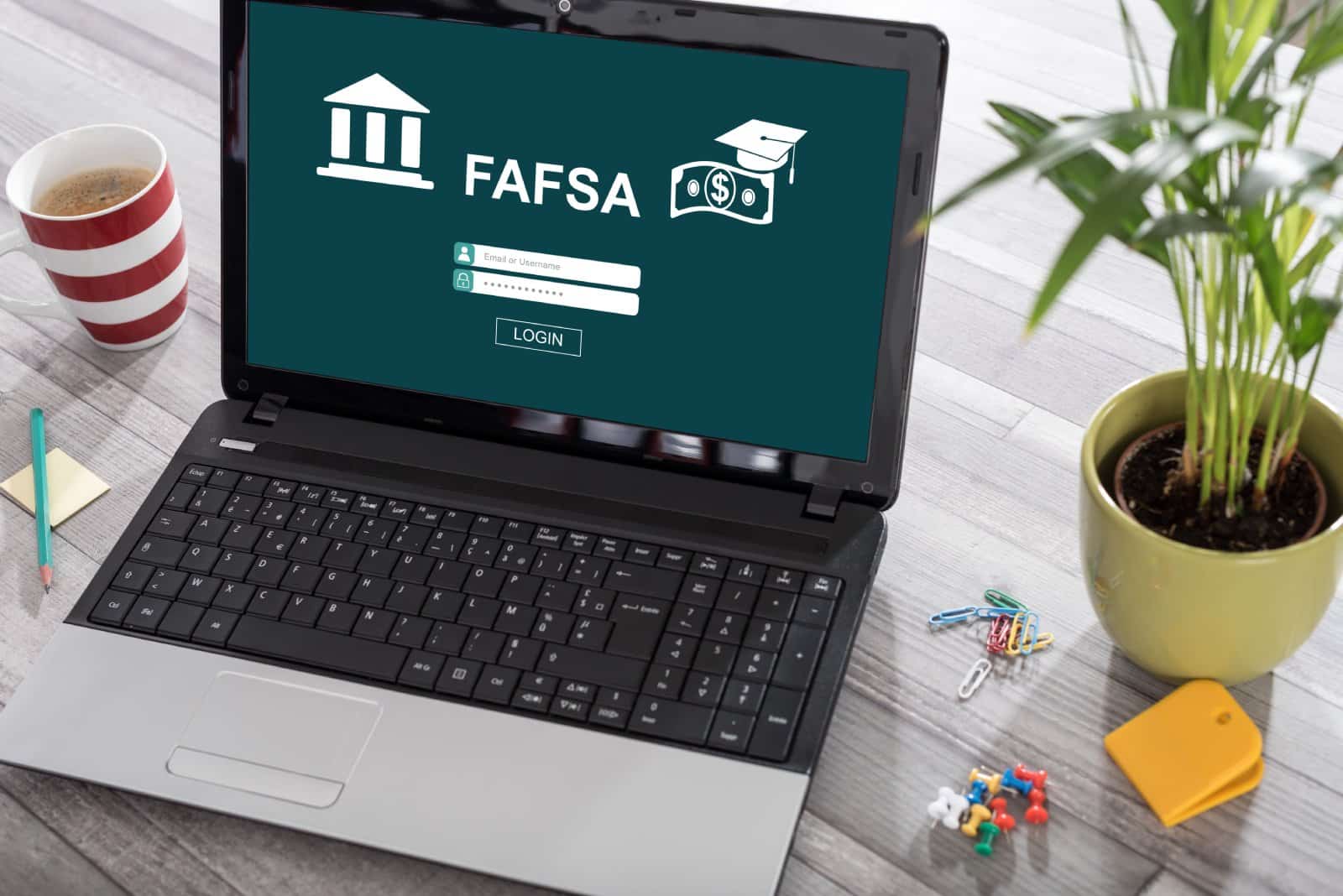
Online students must consider eligibility requirements, including citizenship status, academic progress, and minimum enrollment criteria. The Free Application for Federal Student Aid (FAFSA) remains a key determinant for federal and state aid.
Changing Circumstances for Mature Students

One expert noted that adult students pursuing online degrees should not assume that they aren’t eligible for aid, “You never know what your circumstance may be in the coming year,” said Krista Ringler, director of scholarships and financial aid at North Carolina State University.
Expert Advice to Adult Students

Unforeseen events can impact financial situations, and applying for aid gives you a chance of achieving your goals depending on your circumstance, “Perhaps you’re not expecting to need assistance a month or so before enrolling, but you never know when a job loss, a major medical event, a natural disaster or something else changes your financial circumstance,” Ringler said.
Residency, Deadlines, and Financial Aid Options

State residency determines the types of financial aid available. Students should be aware of FAFSA deadlines, opening on October 1 and closing 21 months later on June 30. Researching scholarships and considering work-study options are additional avenues for financial assistance.
Students Must Be Prepared

“Students should apply (for aid) well in advance of the term start date so that they know in advance of any requirements they must satisfy and so that they can plan accordingly,” said Michelle Campbell of SUNY Empire State College.
Work-Study Opportunities for Online Students
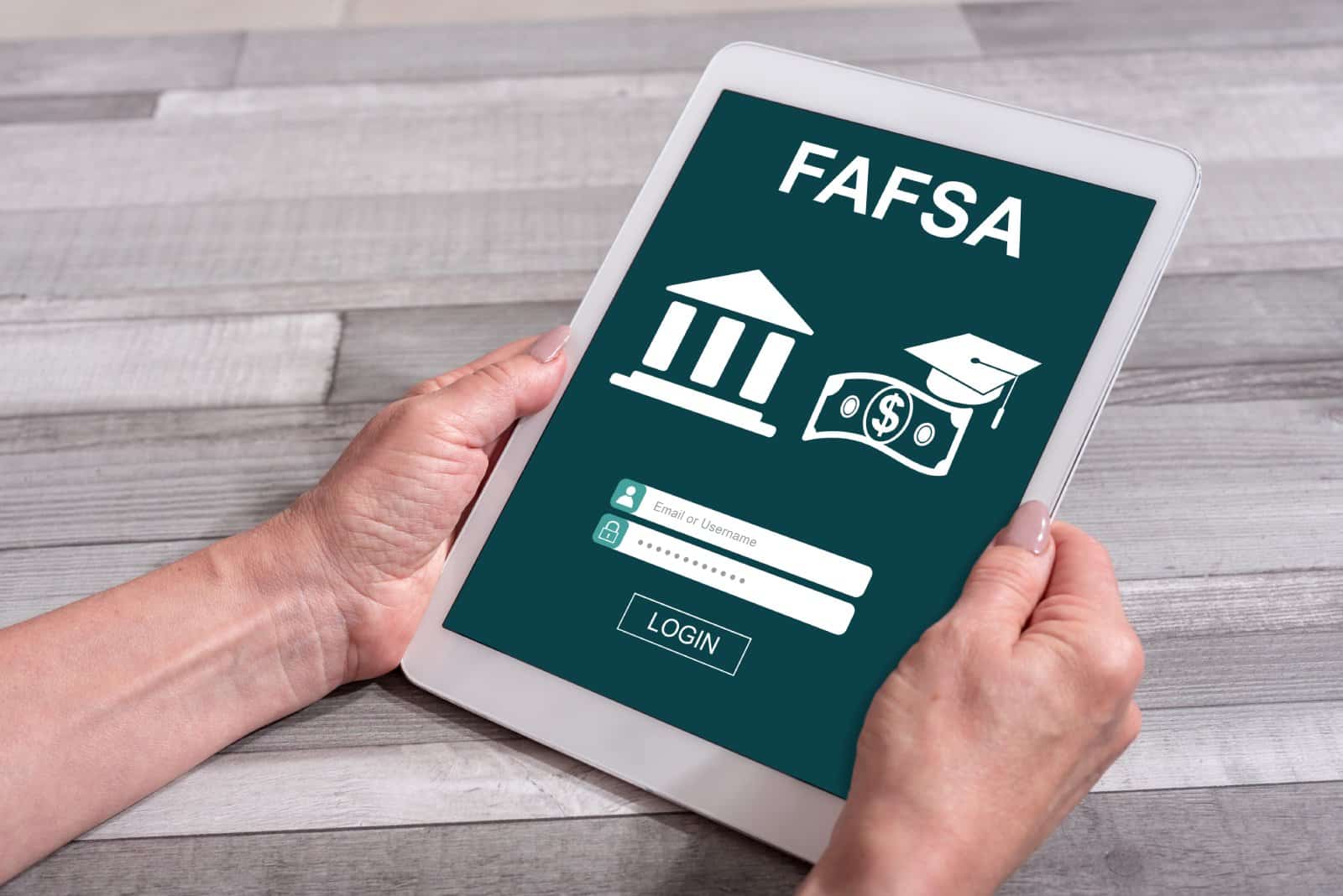
Online students can access aid through the federal work-study program just as easily as those who study on-site. By completing the FAFSA. Remote work-study opportunities have flourished offering flexibility for online students to engage in projects or tutoring.
Student’s Advice to Students

Cheryl Storie from the University of Maryland Global Campus encouraged online students not to rush the FAFSA process, “Applying for financial aid is not as difficult for most students as it is often portrayed. Take your time, read the directions carefully, and complete the form,” Storie said.
Pandemic Sparked Remote Work Opportunities

“During the pandemic, many schools had to become a little more creative about remote working opportunities for students,” said Ringler.
Remote Work Growth Post-Pandemic

“And in some cases,” Ringler continued, “those types of jobs have persisted in that there are remote opportunities for federal work-study.”
Making The Most of FAFSA

Although students are facing increasing anxiety about federal aid, especially those who need it most, it’s important to follow expert advice and be as prepared as possible to receive the aid as quickly as possible when bugs are fixed.
The post Student Aid Software Shakeup Sparks Panic: Here’s the Lowdown first appeared on Career Step Up.
Featured Image Credit: Shutterstock / Lucky Business.
The content of this article is for informational purposes only and does not constitute or replace professional financial advice.

